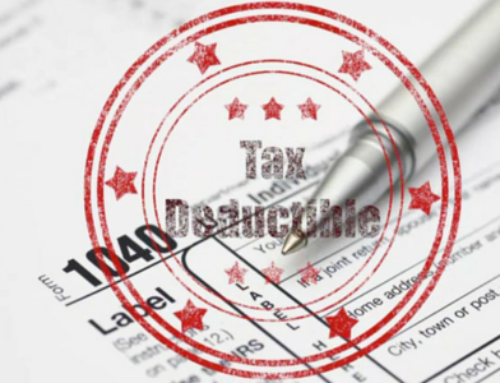Everyone is entitled to file for a tax extension. The filing deadline for individual tax returns is April 15 (or the next business day, if it falls on a weekend), and this generally includes sole proprietorships. But depending on your business type—partnership, single- or multi-member LLC, S corporation, or C corporation—your filing due date may differ. Check with your tax professional for your filing date. Then consider whether or not you should take the 6 month tax extension.
Advantages of taking the extension
Taking the tax extension is basically all pros and no cons. There is no stigma in filing for an extension and no approval by the IRS necessary. The extension gives you time to pull all your records together. It gives you time to receive any delayed or corrected 1099s or K-1 forms. It gives you time to get help from a tax accountant. And if your return is particularly complex, it gives your accountant time to look at every possible tax option for you.
Filing too early and sending an amendment can actually increase risk of audit, as can rushing through your return and making mistakes. Even if you don’t make a computation error or forget a 1099, you risk not taking advantage of every tax benefit available to you. By giving your tax professional time to work through all your options, you may be able to reduce your tax burden or even get a refund.
What to watch out for
That said, the extension is for filing, not for paying. To file for the extension, you simply complete and submit Form 4868, which includes a spot to list your Estimated Tax Liability less your Payments. Be sure to send in the payment by the first filing date. The consequence of not paying (or not paying enough) is the failure-to-pay penalty: 0.5% of the total amount due for each month or partial month since the original due date, up to 25%. However, if you pay 90% or more of your taxes, you’re generally not charged the penalty.
Be sure to file by the extension deadline, because the failure-to-file penalty is particularly stiff: 5.0% of the original balance owed for each month or partial month since the original due date. If you also owe the failure-to-pay penalty, the failure-to-file penalty is reduced by 0.5%, bringing your maximum penalty to 47.5%. On top of this, you will also pay interest on what you owe the IRS. So whatever you do, file your extension on time.
If you miss the extension due date through no fault of your own, it is possible to apply for abatement, which is a waiver of fees. If you can’t pay what you owe, you may qualify for installment payments. But these are best discussed with your tax advisor.
Be sure to reach out to us if you have any questions or need help with your returns. We’ve been helping people in Willow Grove and surrounding areas with their taxes and personal financing needs for over 30 years.





